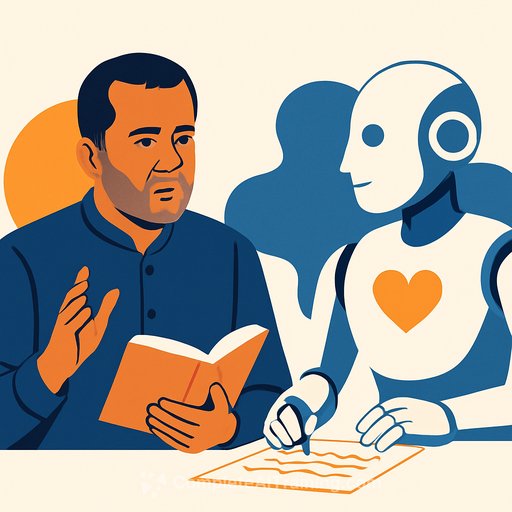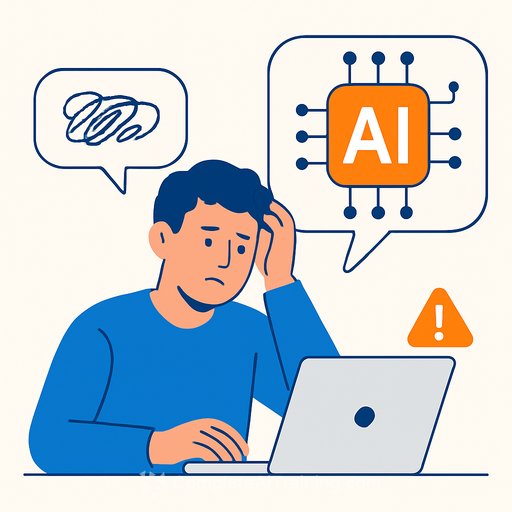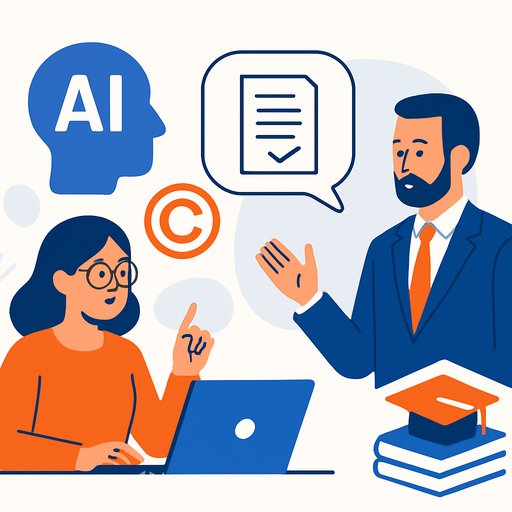"AI Has Skill, Not Art": Chetan Bhagat's Message To Working Writers
Pune, Oct 6 - At the launch of his new novel, "12 Years: My Messed-Up Love Story," Chetan Bhagat spoke candidly about AI and writing. His view is simple: AI can assist, but it can't carry a story built on human emotion.
The Core Argument
Bhagat believes storytelling that moves readers is grounded in lived experience, not pattern-matching. As he put it, "AI will have a skill but not an art." Tools can mimic tone and structure; they can't feel heartbreak, regret, desire, or awe-and fiction depends on that transfer of felt experience.
He pushed back on fears about displacement in fiction. "Tell me a single book that was written by AI," he said, adding that even if machines learn to imitate emotion, readers will disengage once they know it's synthetic. Authenticity is the contract.
What This Means For Working Writers
The takeaway isn't to ignore AI-it's to use it for what it's good at and protect the parts only you can do. Double down on observation, discipline, and the craft of emotion on the page.
- Keep a feelings log. After key moments in your day, write three sentences on what you felt and why. Mine it later for scenes.
- Schedule people-watching. Capture dialogue beats, micro-gestures, and conflicts. Real texture beats generic prose.
- Use AI for administrative tasks: outlines, research summaries, grammar passes, and metadata-then rewrite for voice and truth.
- Before drafting a chapter, pick a core emotion (jealousy, relief, longing). Every scene should pressure that emotion.
- Test pages with three readers. Ask one question: "What did you feel, and where did you stop feeling?" Edit only to increase feeling.
- Hold a simple routine: daily word target, weekly revision pass, monthly feedback loop.
If you choose to offload low-value tasks to AI, a curated list of writing and editing tools can save hours while you protect your voice. See this overview: AI tools for copywriting.
Human Connection Is The Moat
Bhagat framed it plainly: people are interested in people. Two humans talking create nuance-pauses, frictions, quirks. Replace both with bots and you get facts without spark. That's why the emotional core of fiction remains a human job.
For writers, the strategic edge is your life-breakups, failures, small wins, private doubts. Put those on the page with precision. Let AI tidy the desk, not write the diary.
For research on why stories move us, see this explainer on narrative and emotion: Why telling stories is essential to being human.
About "12 Years: My Messed-Up Love Story"
Bhagat's new novel follows a 33-year-old divorced man and a 21-year-old woman-an age gap that fuels tension and tough choices. He says it speaks to both Gen Z and millennials, with each lead reflecting their generation's outlook on love and commitment.
The author calls it one of his best-funny, emotional, and focused on a timeless question: How do you know if the person you love is "the one"? He also noted a positive trend: despite streaming options, young readers in India continue to show up for books.
Bottom Line For Writers
Use AI as a helpful assistant. Keep the heart of the work human. Your edge is the feeling you've lived-and your skill in putting it on the page.
Looking to streamline the busywork so you can write more? Explore relevant picks by job: AI courses by job.
Your membership also unlocks:






